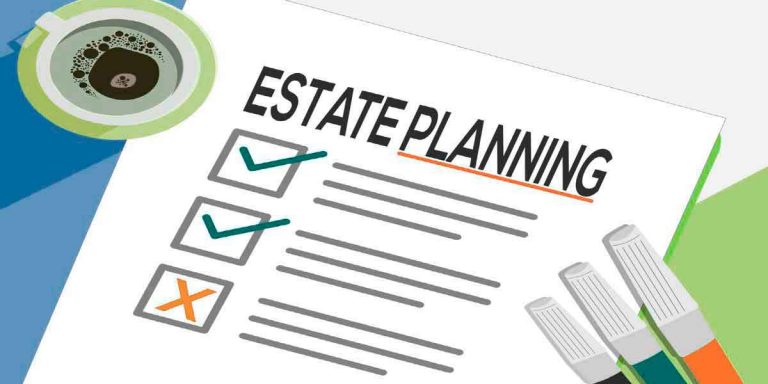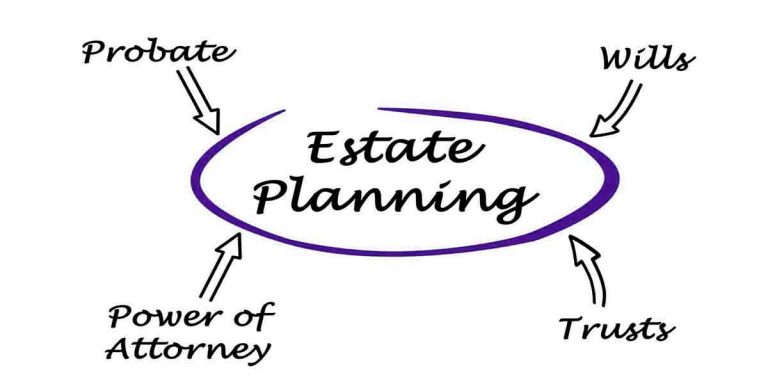Why You Need an Estate Plan
At Morgan Legal Group, located in New York City, we specialize in estate planning, probate, guardianship, elder law, wills, and trusts. Creating an estate plan is a critical step in protecting your assets, providing for your loved ones, and ensuring that your wishes are honored after your passing. This detailed guide will explain why you need an estate plan and how it can benefit you and your family.
What is Estate Planning?
Estate planning is the process of organizing your affairs and making arrangements for the distribution of your assets upon your death. It involves creating legal documents such as wills, trusts, powers of attorney, and healthcare directives to ensure that your wishes are carried out and your loved ones are provided for.
Key Components of an Estate Plan
An effective estate plan typically includes the following components:
1. Last Will and Testament
Your will is a legal document that outlines how you want your assets to be distributed after your death. It also allows you to name an executor to manage your estate and a guardian for any minor children.
2. Trusts
Trusts are legal arrangements that allow you to transfer assets to a trustee who manages them for the benefit of your beneficiaries. Trusts can help avoid probate, reduce estate taxes, and provide for special needs beneficiaries.
3. Durable Power of Attorney
A durable power of attorney allows you to appoint someone to make financial decisions on your behalf if you become incapacitated. This ensures that your financial affairs are managed according to your wishes.
4. Healthcare Proxy and Living Will
A healthcare proxy allows you to designate someone to make medical decisions on your behalf if you are unable to do so. A living will outlines your preferences for end-of-life care, ensuring that your wishes are respected.
Reasons Why You Need an Estate Plan
There are several compelling reasons to create an estate plan:
1. Protecting Your Assets
An estate plan helps ensure that your assets are distributed according to your wishes and not subject to unnecessary taxes or legal disputes. By creating a will and establishing trust, you can protect your assets and provide for your loved ones.
2. Avoiding Probate
Probate is the legal process of administering your estate after your death. It can be time-consuming, expensive, and public. An estate plan that includes trusts can help avoid probate, allowing your assets to be distributed more quickly and privately.
3. Reducing Estate Taxes
Proper estate planning can help minimize estate taxes, ensuring that more of your assets go to your beneficiaries rather than the government. Trusts and other estate planning tools can be used to reduce the tax burden on your estate.
4. Providing for Minor Children
If you have minor children, an estate plan allows you to designate a guardian to care for them in the event of your death. This ensures that your children are cared for by someone you trust.
5. Managing Incapacity
An estate plan includes provisions for managing your affairs if you become incapacitated. A durable power of attorney and healthcare proxy ensures that your financial and medical decisions are made according to your wishes.
6. Avoiding Family Disputes
Clear estate planning can help prevent disputes among family members by providing clear instructions for the distribution of your assets. This can help maintain family harmony and avoid costly legal battles.
7. Supporting Charitable Causes
An estate plan allows you to support charitable causes that are important to you. You can include charitable bequests in your will or establish a charitable trust to ensure that your legacy benefits others.
How to Create an Estate Plan
Creating an estate plan involves several steps. Working with an experienced estate planning attorney can help ensure that your plan is comprehensive and effective:
1. Assess Your Assets
Begin by assessing your assets, including real estate, investments, retirement accounts, and personal property. This will help you determine the value of your estate and identify the assets you want to include in your estate plan.
2. Define Your Goals
Consider your goals for your estate plan, such as providing for your family, minimizing taxes, avoiding probate, and supporting charitable causes. Clearly defining your goals will help guide the estate planning process.
3. Choose Your Beneficiaries
Decide who you want to inherit your assets. This includes family members, friends, and charitable organizations. Consider the needs and circumstances of your beneficiaries when making these decisions.
4. Select Executors and Trustees
Choose individuals or institutions to serve as executors and trustees. These individuals will be responsible for managing your estate and ensuring that your wishes are carried out. Select people you trust and who are capable of handling these responsibilities.
5. Draft Legal Documents
Work with an experienced estate planning attorney to draft the necessary legal documents, including your will, trusts, power of attorney, healthcare proxy, and living will. Ensure that these documents comply with New York State law and accurately reflect your wishes.
6. Review and Update Your Plan
Regularly review and update your estate plan to ensure that it continues to meet your needs and reflects any changes in your circumstances. Life events such as marriage, divorce, the birth of a child, or the acquisition of new assets may necessitate updates to your plan.
Why Choose Morgan Legal Group?
At Morgan Legal Group, we have extensive experience in estate planning and are committed to providing compassionate and professional legal services. Here’s why you should choose us:
Experienced Attorneys
Our attorneys have extensive experience in estate planning and are well-versed in New York State law. We provide personalized legal advice to help you create a comprehensive estate plan that meets your unique needs.
Client-Centered Approach
We prioritize our clients’ needs and goals, ensuring that we provide effective legal solutions. Our client-centered approach means that we work closely with you to understand your wishes and create a plan that reflects them.
Comprehensive Services
We offer a full range of estate planning services, including drafting wills and trusts, establishing powers of attorney, and creating healthcare directives. We also provide ongoing support to help you manage and update your estate plan as needed.
Conclusion
Creating an estate plan is essential for protecting your assets, providing for your loved ones, and ensuring that your wishes are honored. At Morgan Legal Group, we are dedicated to helping you navigate the complexities of estate planning and providing the best possible legal services. Contact us today to schedule a consultation with an experienced estate planning attorney and ensure that your estate plan meets your needs in New York.
Frequently Asked Questions
What is the purpose of an estate plan?
An estate plan is designed to protect your assets, provide for your loved ones, minimize taxes, avoid probate, and ensure that your wishes are honored after your death.
What documents are included in an estate plan?
An estate plan typically includes a last will and testament, trusts, durable power of attorney, healthcare proxy, and living will.
Why is it important to have a durable power of attorney?
A durable power of attorney allows you to appoint someone to make financial decisions on your behalf if you become incapacitated, ensuring that your financial affairs are managed according to your wishes.
How often should I update my estate plan?
You should review and update your estate plan regularly, especially after major life events such as marriage, divorce, the birth of a child, or the acquisition of new assets.
How can Morgan Legal Group assist with estate planning?
Morgan Legal Group provides personalized legal advice, drafts and reviews estate planning documents, and offers ongoing support to ensure that your estate plan remains effective and up-to-date.







